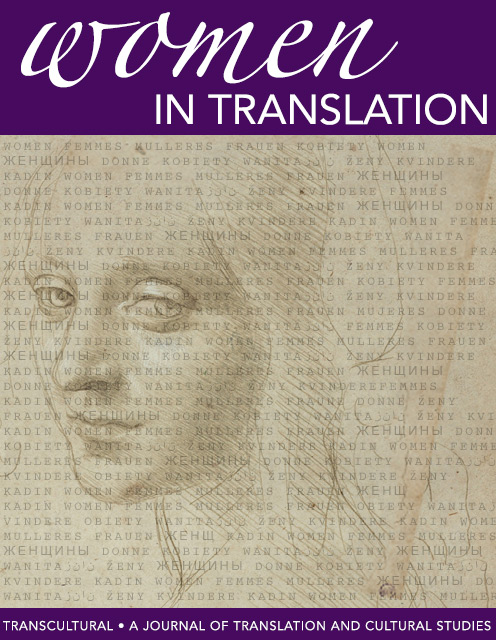Handmaidens to Translators versus Feminist Solidarity – Opposing Politics of Translation in the Galician Literary System
DOI:
https://doi.org/10.21992/T9V04JKeywords:
Translation, Feminism, Postcolonialism, GalicianAbstract
Lori Chamberlain’s eye-opening article “Gender and the Metaphorics of Translation”, originally published in 1988, first described translators in general as “handmaidens to authors”. This fruitful analysis helped open up interesting avenues for feminist translation. On the one hand, it highlighted the need for a reformulation of the actual theoretical concepts underlying traditional translation theory; while on the other, it opened up questions regarding the status of women translators in practice. However, further studies have questioned this idea of the translator as female and inferior. For example, postcolonial approaches have shown that Western translators have usually exercised their power to interpret the Other in ways that were complicit with colonial endeavours. It is in this framework that this article explores the power implications of translation for the Galician literary system. The Galician literary system may be interesting as it can be seen as a non-hegemonic system (inside Europe) or a hegemonic one (outside Europe). The analysis of two translations, that of Jean Rhys’ Wide Sargasso Sea by Manuel Forcadela, and that of Sandra Cisneros’ Loose Woman by Marilar Aleixandre shall explore two opposing trends. The first one is a trend in which the discourse of the non-hegemonic position of Galician actually allows for patriarchal and colonial interventions in translation, while the other one takes feminist solidarity as a base for a relationship with the female postcolonial Other.Downloads
Published
Issue
Section
License
Authors who publish with this journal agree to the following terms: a.Authors retain copyright and grant the journal right of first publication with the work simultaneously licensed under a Creative Commons Attribution License that allows others to share the work with an acknowledgement of the work's authorship and initial publication in this journal. b.Authors are able to enter into separate, additional contractual arrangements for the non-exclusive distribution of the journal's published version of the work (e.g., post it to an institutional repository or publish it in a book), with an acknowledgement of its initial publication in this journal. c.Authors are permitted and encouraged to post their work online (e.g., in institutional repositories or on their website) prior to and during the submission process, as it can lead to productive exchanges, as well as earlier and greater citation of published work (See The Effect of Open Access).



